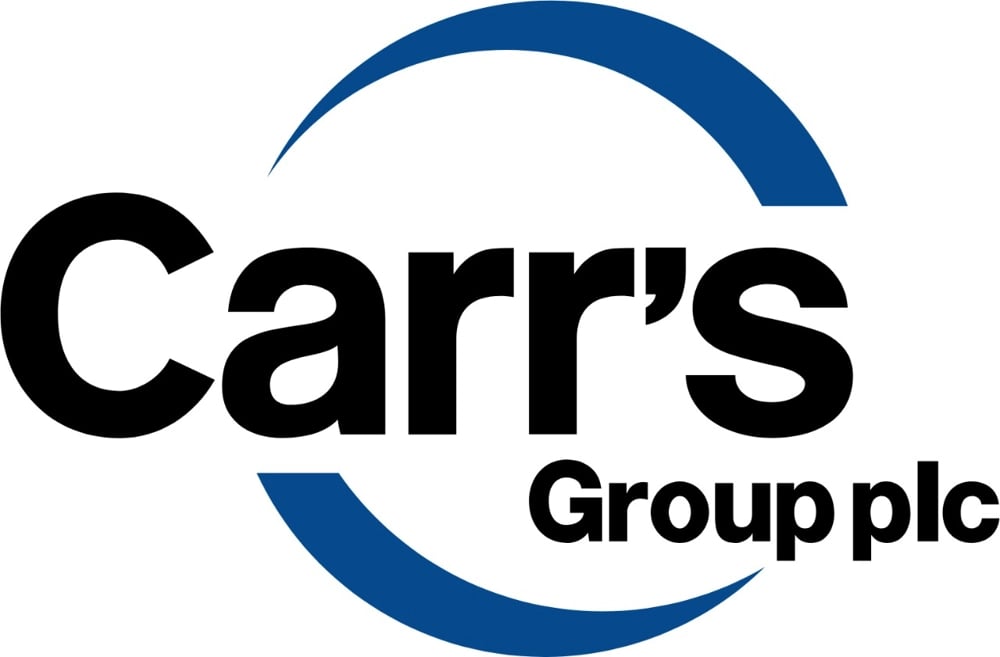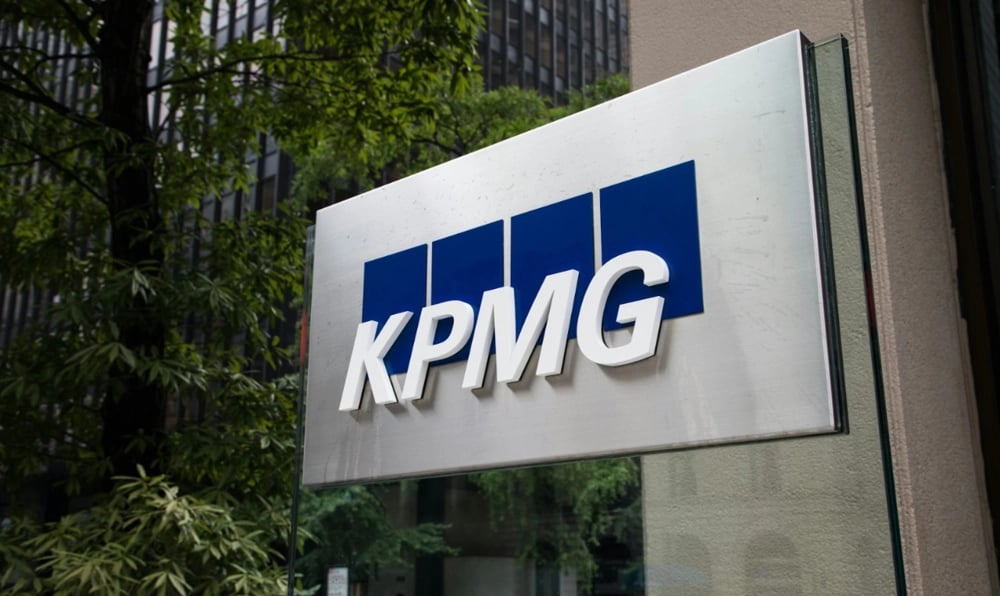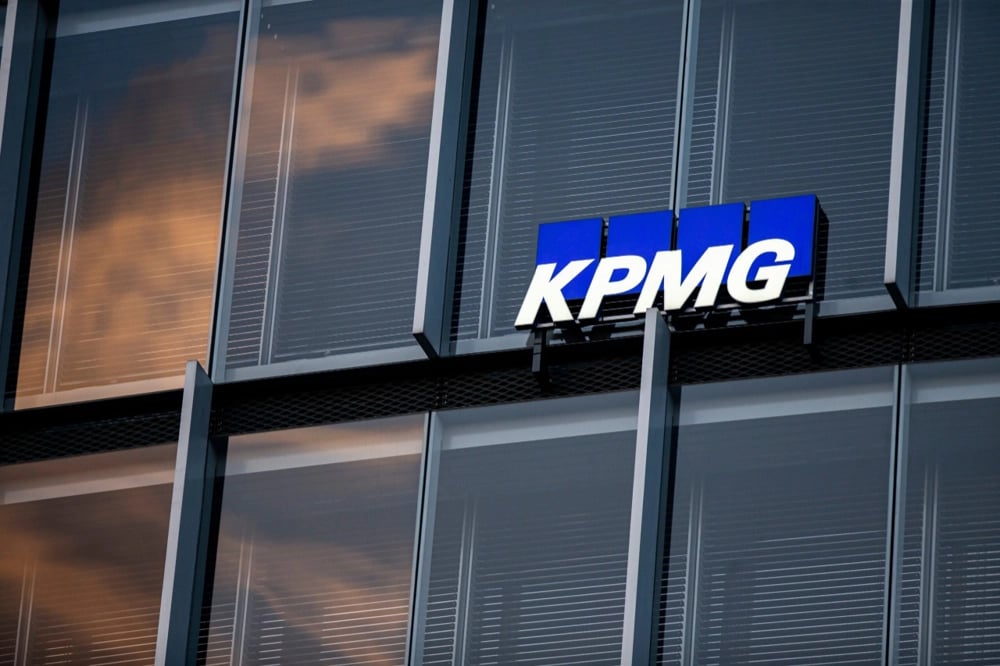KPMG Fined £1.25 Million for Audit Independence Failures in Carr’s Group Review
The UK Financial Reporting Council (FRC) has fined KPMG LLP £1.25 million ($1.7 million) for breaching auditor independence rules during its audit of Carr’s Group PLC $CARR.L. The sanction also includes a £30,000 fine for lead audit partner Nick Plumb. The FRC concluded that KPMG failed to comply with ethical standards designed to protect the objectivity of audit work. The penalty follows an investigation into audits conducted before August 2021 and forms part of the regulator’s broader push for stricter compliance in the professional services sector.
Identified Violations
The enforcement action highlights two key issues:
KPMG used another audit firm to assess a Carr’s Group subsidiary without adequate checks on independence.
The auditor responsible for that subsidiary exceeded the five-year rotation limit, violating tenure restrictions.
According to the FRC, these failures indicated insufficient oversight in applying firm-wide quality control measures. KPMG acknowledged the findings and did not contest the sanctions, helping to reduce the final fine.

Sanctions Reflect Ongoing Regulatory Pressure
The fine, reduced from £1.75 million due to early cooperation, adds to KPMG's history of regulatory infractions in the UK audit market. Previous cases involving Carillion and Rolls-Royce have raised questions about systemic weaknesses in oversight and governance at the firm. The repeated breaches have also intensified scrutiny from institutional clients and industry observers.
The case demonstrates the increasing willingness of UK regulators to impose meaningful financial penalties and reputational consequences for ethical lapses. It also highlights the growing role of enforcement transparency in restoring trust in audit quality across public markets.
Context: Sector-Wide Scrutiny Intensifies
The FRC’s decision reflects rising enforcement around audit ethics. Specific areas under focus include:
Rotation of key audit partners;
Independent review of subsidiary audits;
Transparent use of third-party firms;
Compliance with corporate governance frameworks;
Consistency in audit quality controls.
These factors are central to regulatory confidence in financial disclosures, particularly for companies with complex corporate structures. Regulators are expected to expand oversight as they prepare for the full operational launch of the Audit, Reporting and Governance Authority (ARGA).

Outlook for the Audit Profession
The case underscores risks facing large audit firms as regulators move toward stricter enforcement. The FRC’s transition into the more empowered ARGA signals an upcoming phase of reform, with increased accountability for audit integrity and independence. With reputational risks rising, firms are under pressure to reinforce internal ethics frameworks and demonstrate robust audit governance.
Ongoing developments in audit regulation may also influence partner compensation structures and firm-client engagement policies. Enhanced transparency and realignment of incentives are expected to be part of the regulatory roadmap.















Comments
Enforcing strict audit independence is vital to upholding integrity and trust in our financial systems.
It's reassuring to see strict penalties for unethical audit practices, emphasizing the critical role of auditor independence in maintaining trust.